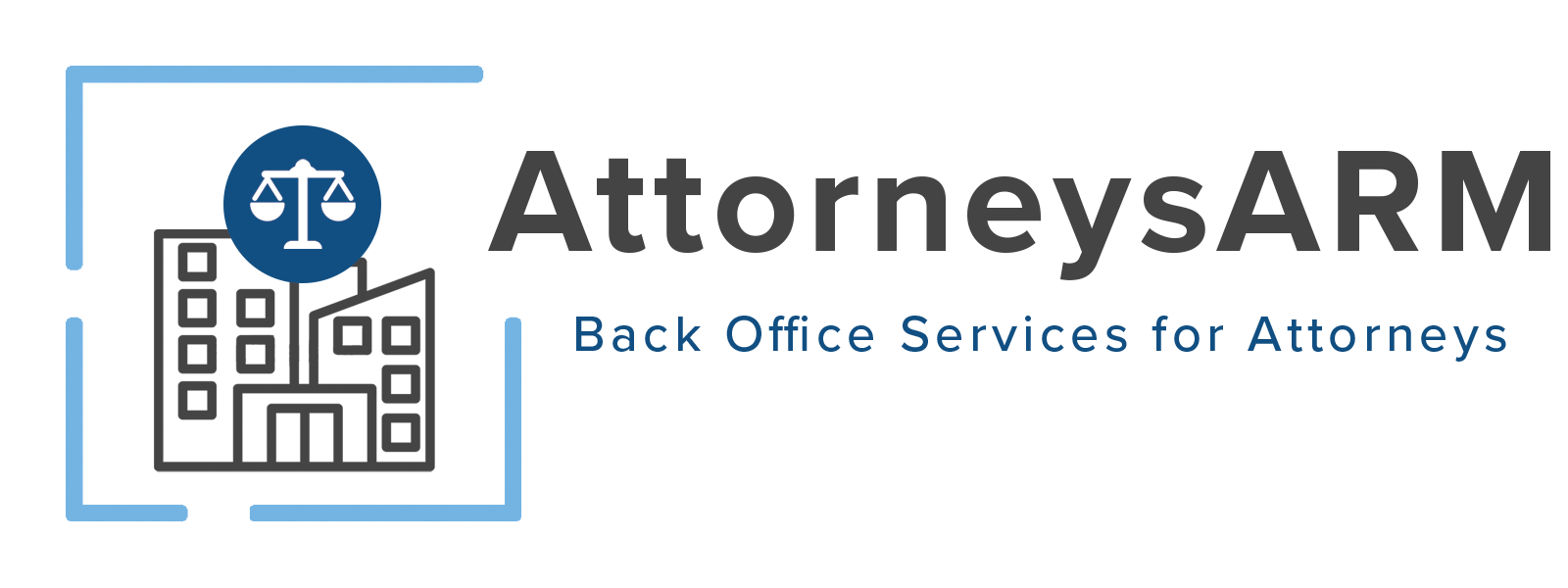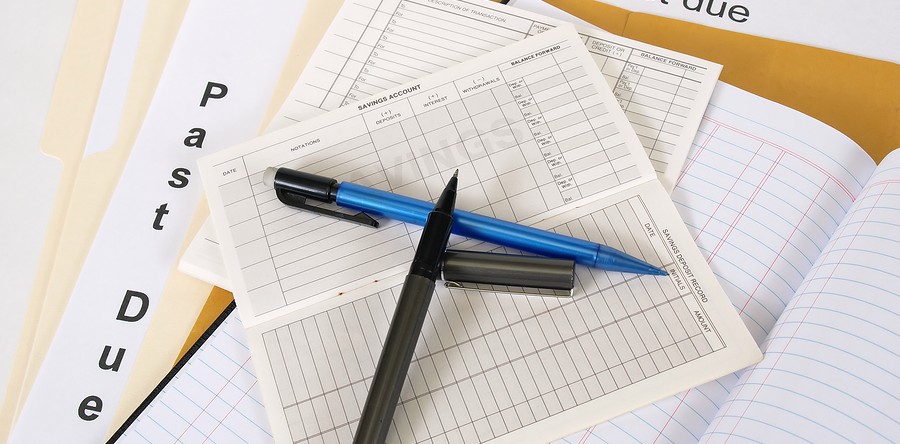Phone Collection Basics Part I
When you think about collections, the phone is probably the first thing that comes to mind. This is because most companies rely on telephone collections. It’s effective. It’s convenient. It’s also extremely cost efficient when you compare it to other methods such as hiring an attorney or taking the debtor to court. Unless your business only provides services for clients who pay the full fee before services are rendered, you will have to consider telephone collections as some point. Here’s what you need to know about phone collections.
Understand the Law
In almost every post that we write that covers collections, we always make it a point to really emphasis one main point. You must understand collections law. There are federal laws (such as the Fair Debt Collection Practices Act and the Telephone Consumer Protection Act) and some states have their own laws. Also, it’s important to note that consumer collections have more laws that apply than business collection. The main points that you should understand about the FDCPA:
- You cannot lie to the debtor.
- You can only collect what is legally owed to you. This means that you need to know whether those late fees and collection fees are enforceable in your state.
- You cannot threaten the debtor. This means that you cannot threaten to have the debtor thrown in jail or that they will be subject to a criminal action. Debt collection is a civil act.
- You cannot harass the debtor. You should only call at appropriate times. If they tell you not to call their family, their work, or other number, you must respect that or you are breaking the law.
You can read the plain English version of the Fair Debt Collection Practices Act by clicking here. If you don’t abide by the law, you can be sued.
Collections Is About More Than Money
Performing collections over the phone is about more than collecting money. Yes, collecting what is owed is your primary objective. However, your business is based on one core concept: loyalty. It’s much easier to continue to sell your services to an existing client or get referrals than it is to acquire a new client. So, keep in mind during collections that you need to be respectful and continue to generate goodwill. It doesn’t necessarily matter if someone is delinquent. If you upset them, they will tell everyone (and they might not even tell the entire story). Always act professional and provide solutions to help the client get educated and caught up on their account.
Getting Started in Collections
Before you even pick up the phone, there are four things that you need.
- If you’re collecting on a business account, you need to know who at the company is responsible for the bill. Is it someone in their accounting department? Is the company just made up of one or two people? It’s important to know the name of the person that you need to contact to try and resolve the matter. It’s also important in consumer debts that you know if the spouse of the client is responsible for their incurred debt. There are many factors that can play into that.
- You need guidelines in writing that cover your collections efforts. It should list how the collections process starts and every step in the collections process. This is important because it helps keep your entire team on the same page and it ensures that all debtors are treated in the same manner.
- You need to keep a collections account on each delinquent client. This can be invaluable. It should document information about the debtor, the account, and all collections efforts. You can even keep notes about the call. For instance, if you offer a settlement or payment plan or if they state they will pay on a certain date, you should document it in this log. Then, you make a follow-up plan.
- You should know your client. Every client is different. You should treat every client with respect, and you should also treat them like individuals. This helps you come up with solutions for the past due debt that can help both of you.
A Basic Collections Routine
Phone collections are often done in stages. It goes from a simple reminder to finally taking more aggressive steps to collect on what is owed. The first stage is the reminder stage. Sometimes, this is done with a letter, but it can also be done over the phone. You’re either looking to speak with someone in accounting (for a business) or directly to the consumer. Be friendly. Offer solutions. Do you have a way they can pay online? If it’s a business, can you go and pick up the check?
The next stage is a bit more personal. You’re informing the debtor that they need to immediately pay their bill. This is a telephone call. If you’re calling a company that owes you money, this isn’t a chat that you have with the receptionist. The receptionist most likely doesn’t have the authority to pay you. You need to speak with someone who can pay you. Again, be friendly. You can also stay in this stage for more than one telephone call particularly if the two of you are trying to work out an agreement.
The third stage takes more drastic action. The purpose of this stage is, of course, to demand that you are immediately paid. If you’re dealing with a business, you need to ensure that you are contacting someone in accounting or someone with high level administrative authority (President, Vice President, CEO, CFO, etc.) that can remedy the issue. This is the stage where you let the party know that if you are not paid, you will have to take other action. That action may be that you turn it over to a professional debt collection agency or even take them to court.
Join us next week for part II of Phone Collection Basics. We will discuss how you can prepare for telephone collections, and discuss hints and tips that will make phone collections easier. While you’re waiting for next week’s addition, contact Clients A.R.M. for your free collections process review. Let us help you come up with a game plan to streamline your accounts receivable management!




